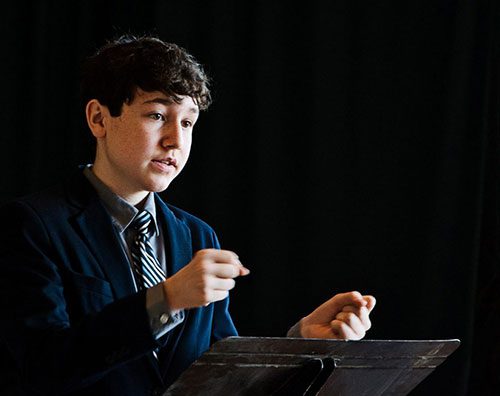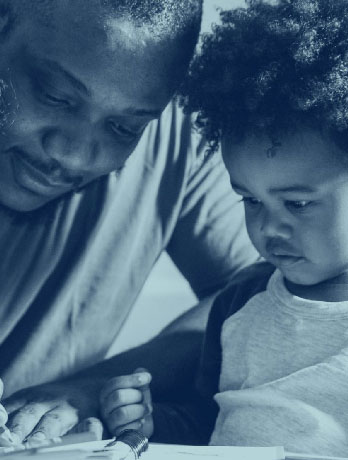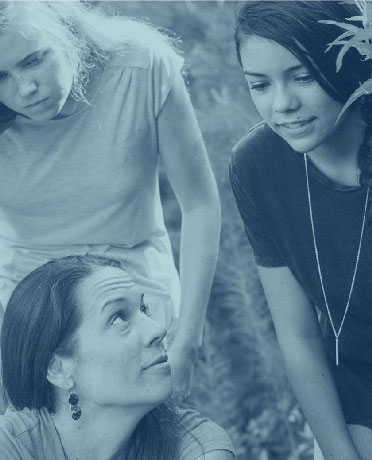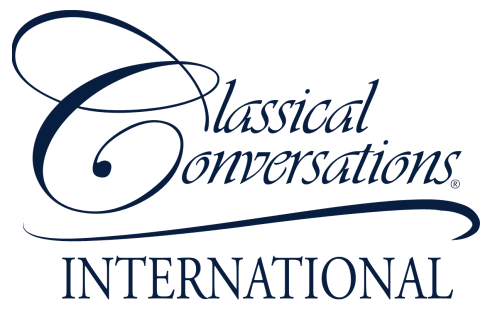Our Programs

Students own their own work – but not their own education.
Challenge B is a power-packed, Christian-based curriculum program where students are stretched to excel academically while engaging in activities like writing short stories for a class anthology and participating in Mock Trial. Challenge B becomes a milestone in students’ academic and personal homeschool growth. They begin the year as children and finish as young adults. Challenge B prepares students for the more rigorous course load and faster pacing of the high school-aged Challenges I through IV.
As with our other programs, parents will appreciate the support and accountability provided by their local community. Four days of traditional homeschool is supplemented by one day meeting in a group setting, allowing these teenage students to present their work and wrestle through ideas with their peers, all while being guided by a Director who helps frame these conversations in a Christian worldview.
All Great Thinkers Start Somewhere
The Six Strands of Challenge B.
Make sense of the world through the universal building blocks of math. Each week, students further their understanding in math as the conversation centers around the ideas of numbers, shapes, laws, relationships, operations, equality, and inequality. Students’ work centers around the universal math building blocks of pre-algebra.
Building on the foundation laid in Essentials and Challenge A, homeschool students continue honing the skill of learning a foreign language, with an emphasis on memorizing vocabulary, declensions, and conjugations. With time, practice, and self-discipline, Latin students develop solid study skills that transfer to other studies.
There’s so much to explore through scientific inquiry. Students have a unique opportunity to spend the year studying science using purely classical methods. This interdisciplinary, community-based approach helps students integrate hard presentation skills with the subjects of history, science, writing, math and Latin.
Students move through the classical model, from grammar, to dialectic, to rhetoric, as they study the history of astronomy. The depth and breadth of study is driven by each individual’s spirit of inquiry and willingness to seek answers to their questions. In the first semester, these young adults spend fifteen weeks researching scientists who have left a mark on modern science.
In the second semester, students spend ten weeks reading and discussing the creation/evolution debate. The last five weeks are devoted to a simple section on chemistry, in which students study how to use the periodic table and build models of atoms.
All good arguments require careful critical reasoning. The first semester is an introduction to the vocabulary and concepts of logic. Purposefully simple in scope, this semester allows students to review the vocabulary and lessons repeatedly. In second semester, students reflect on the works of featured artists and composers and consider how the arts influence and are influenced by culture. The creation of a multi-year, ongoing timeline enables students to integrate major persons and events with the art periods and philosophical ideas of the time.
The brightest minds are both investigative and inventive. This is a continuation of the literature seminar begun in Challenge A, and alternates between at-home and in-community study. In the first semester, focused on Junior Classics, students will experience the lives of many characters as they study story elements, ask good questions, and write narrative and expository stories. Through invention, arrangement, and elocution, students practice the first three canons of rhetoric.
In the second semester, students transition to the adult reading level recommended in the higher Challenges by studying short stories from various famous writers they will encounter in Challenges I–IV. At home, students take the entire semester to write a short story of their own.
During the first semester, students practice debate skills through their study of current events. Students practice thinking through both sides of an issue and choosing a position.
Students spend the second semester preparing a case to be heard in a county courthouse at the end of the semester. Taking on roles of attorneys and witnesses, students decide on the most effective way to present their case and perform it for their parents, friends, jury, and a judge. This is a highlight of the Challenge B homeschool experience.
Join the Conversation
Community is at our core, with families doing life together as they learn.
Find a community near you

